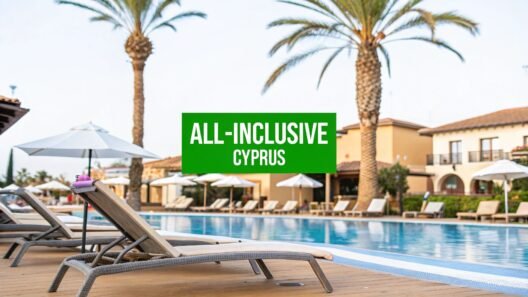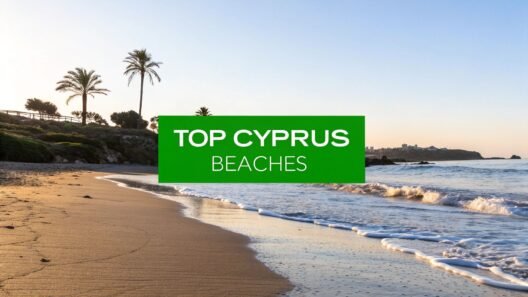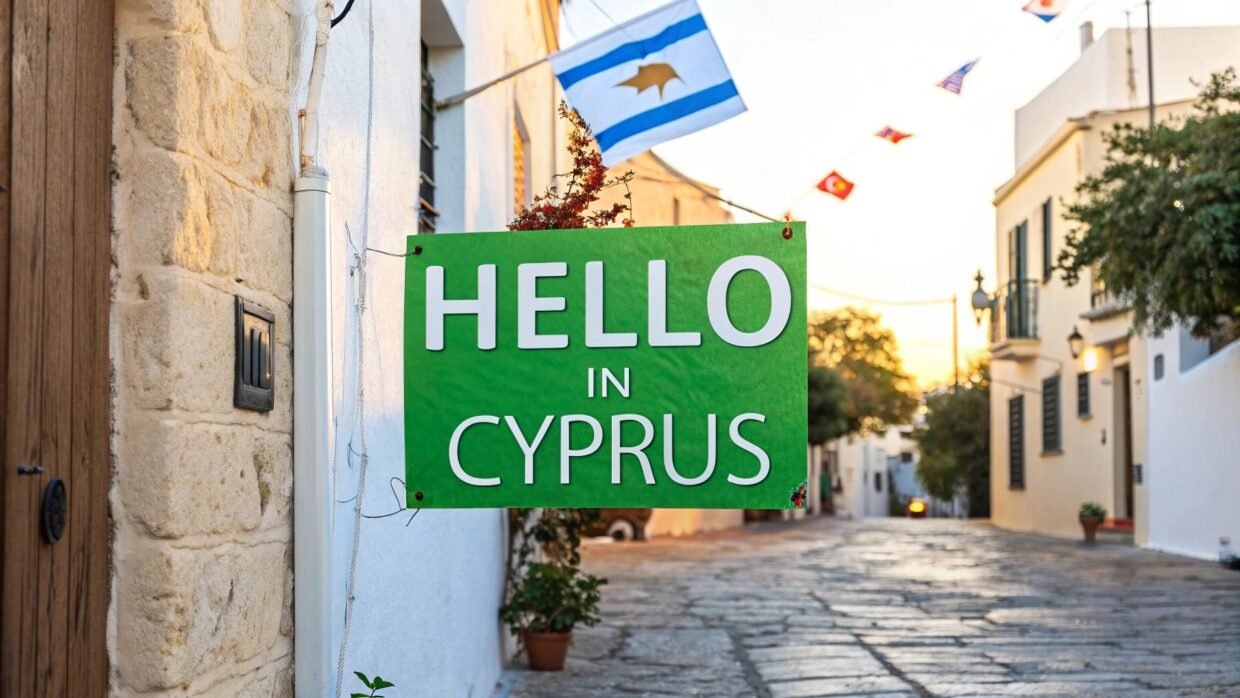Welcome to Cyprus, the beautiful Mediterranean island known for its stunning coastlines, rich history, and incredibly warm people. To truly connect with the local culture, learning a few basic greetings is the perfect first step. While English is widely spoken, especially in tourist centres, making the effort to say hello in Greek or Turkish will be warmly received and open doors to more authentic interactions.
This guide moves beyond a simple translation, showing you how to say hello in Cyprus like a local. We will explore the most common greetings used across the island, covering both the Greek-speaking south and the Turkish-speaking north. You will learn not just the words, but the cultural context, pronunciation tips, and the right situations for each phrase. From a formal ‘Yia sas’ in a Nicosia shop to a friendly ‘Merhaba’ in Kyrenia, you will gain the confidence to greet everyone you meet. Let’s dive in.
1. Γεια σας (Yia sas)
If you learn just one phrase before your trip to Cyprus, make it Γεια σας (Yia sas). This is the quintessential, all-purpose Greek greeting you'll hear from the moment you land. Pronounced "YAH sahss," with a strong emphasis on the first syllable, it's your go-to for showing respect and politeness in almost any situation.
Think of "Yia sas" as the Swiss Army knife of Cypriot greetings. It literally translates to "health to you" (plural/formal) and is used for both "hello" and "goodbye." Its inherent formality makes it a safe and respectful choice when you're unsure how to address someone.
When to Use "Yia sas"
This phrase is your reliable default for interacting with locals. Its respectful nature is ideal for a wide range of everyday scenarios:
- Entering a Shop: Greet the shopkeeper as you walk into a bakery in Larnaca or a souvenir shop in Paphos.
- Hotel and Restaurant Staff: Use it when approaching the reception desk, speaking to waiters, or meeting hotel staff.
- Addressing Elders: It's the standard, polite way to greet older individuals you meet.
- Formal Settings: Perfect for business meetings or any professional context in cities like Nicosia.
Insider Tip: Accompany your "Yia sas" with a warm smile and a slight nod. This simple gesture transforms it from a mere word into a genuinely friendly interaction, helping you connect more warmly with the Greek Cypriot community.
To help you remember the core uses of this versatile phrase, this summary box highlights its key functions.
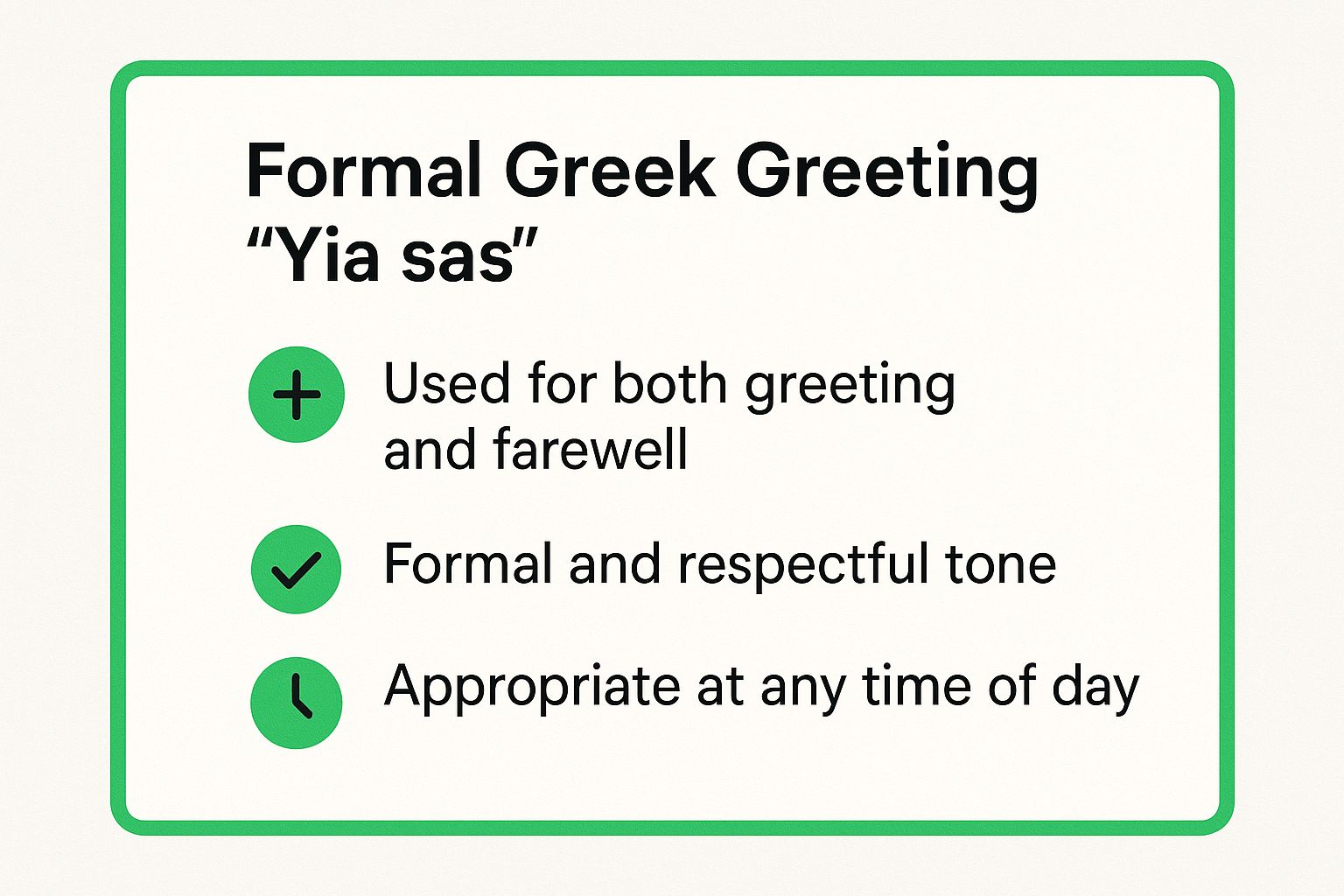
As the graphic shows, its utility for both arrivals and departures at any time of day makes "Yia sas" an incredibly efficient phrase for travellers. For those keen to delve deeper into the nuances of the language, you can learn more about the foundations of Greek in Cyprus.
2. Γεια σου (Yia sou)
Once you're comfortable with the formal greeting, Γεια σου (Yia sou) is the perfect informal alternative for more relaxed situations. This friendly and casual version of "hello" creates an immediate sense of familiarity and warmth. Pronounced "YAH soo," with a light and easy-going tone, it's the ideal way to connect with peers and friends on a more personal level.
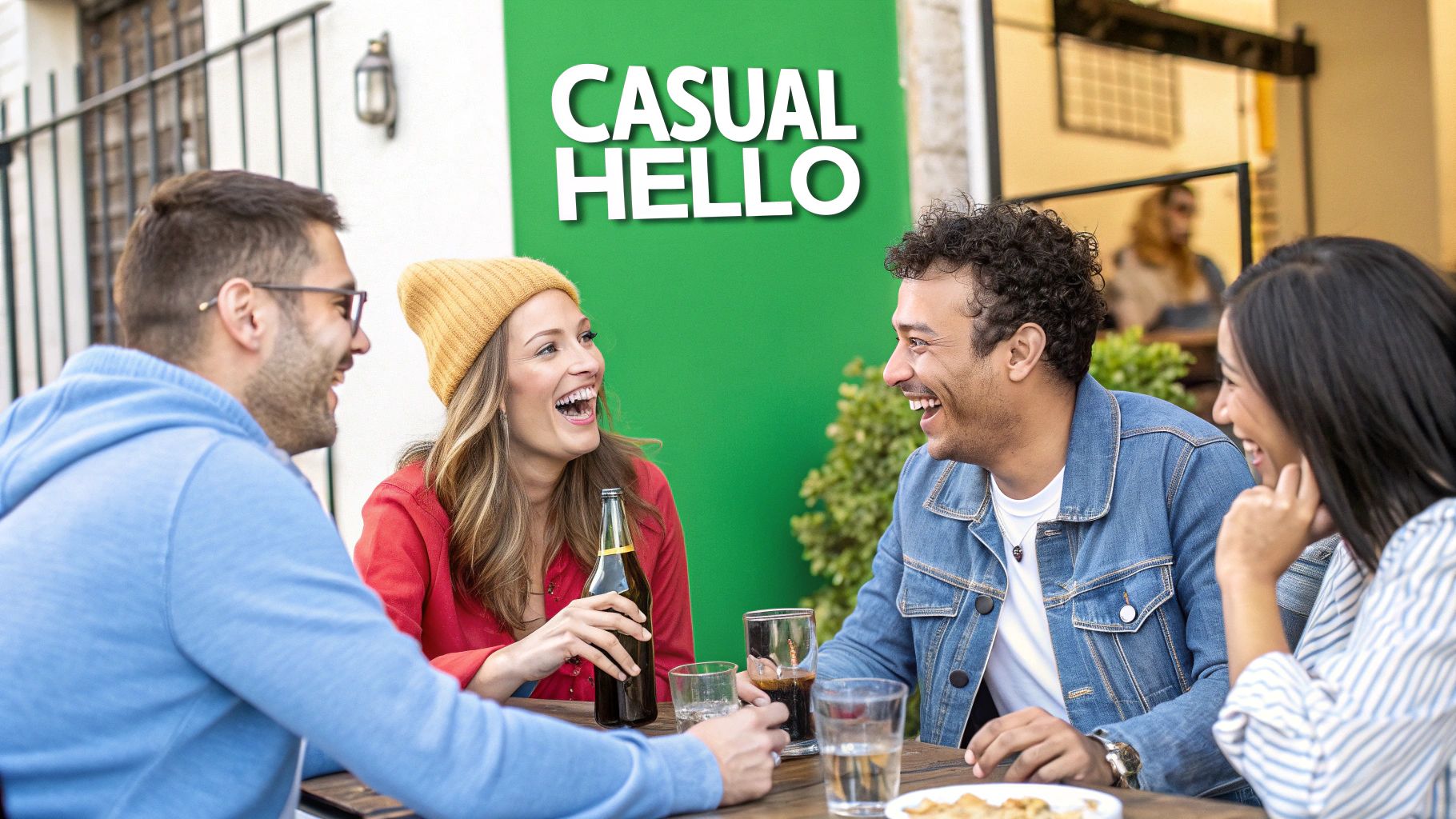
Think of "Yia sou" as the casual equivalent of saying "hi" or "hey" to a single person. It literally translates to "health to you" (singular/informal) and, just like its formal counterpart, it works for both "hello" and "goodbye." Using it correctly demonstrates a deeper understanding of Greek Cypriot social customs.
When to Use "Yia sou"
This greeting is best reserved for informal, one-on-one interactions where a friendly tone is appropriate. Knowing when to switch from "Yia sas" to "Yia sou" is key to navigating social settings like a local.
- Greeting Friends: Use it when meeting a friend at a bustling taverna in Limassol or a beach bar in Ayia Napa.
- Addressing Peers: It's the standard greeting for people your own age or younger, such as at university campuses or social gatherings.
- Casual Encounters: Perfect for a brief, friendly acknowledgement to someone you recognise in a relaxed environment.
- Children and Young People: This is the natural and appropriate way to greet children and teenagers.
Insider Tip: Context is everything. If an older shopkeeper or a hotel receptionist greets you first with a friendly "Yia sou," it's a welcoming signal that you can use the informal greeting back. It's a lovely sign that they see you as a friend rather than just a tourist.
As a traveller, using "Yia sou" in the right setting shows you've made an effort to understand the local culture beyond the basics. It’s a small word that can open doors to more genuine and memorable conversations with the people you meet on your journey through Cyprus.
3. Merhaba
When travelling in Cyprus, it's vital to recognise that the island has two official languages. If your journey takes you to the northern part of the island, Merhaba is the essential Turkish greeting you need to know. Pronounced "mer-HAH-bah" with the emphasis on the second syllable, this is the standard "hello" in Turkish and is widely used throughout Northern Cyprus and by the Turkish Cypriot community.
"Merhaba" is your key to unlocking friendly communication in Turkish-speaking areas. Derived from Arabic, it conveys a sense of welcome and respect. Using it shows you acknowledge and honour the local culture, which is always appreciated by residents. It is just as fundamental in Northern Cyprus as "Yia sas" is in the south.
When to Use "Merhaba"
This greeting is your all-purpose tool for polite interaction in any Turkish Cypriot environment. Its friendly yet respectful tone makes it suitable for almost every situation you will encounter:
- Entering Shops and Cafes: Greet the business owner with a warm "Merhaba" as you enter a shop in North Nicosia (Lefkoşa) or a café in Kyrenia (Girne).
- Meeting Locals: It is the perfect way to initiate a conversation or greet Turkish Cypriot families and individuals.
- Official and Business Contexts: Use it in any professional setting, such as at hotel check-ins or during business interactions.
- Visiting Cultural Sites: Greet guides and staff at historical locations like the ancient city of Salamis or Bellapais Abbey.
Insider Tip: For a slightly deeper connection, you can follow up "Merhaba" with "Nasılsınız?" (nah-sıl-sın-ız), which means "How are you?" (formal). This simple addition can turn a basic greeting into a more meaningful and engaging exchange.
Using "Merhaba" is not just about language; it is a gesture of cultural awareness. To understand more about the linguistic landscape of the island, you can explore the details of what languages are spoken in Cyprus.
4. Καλημέρα (Kalimera)
If you want to add a layer of cultural awareness to your morning interactions, Καλημέρα (Kalimera) is the perfect phrase. Pronounced "kah-lee-MEH-rah," with a clear emphasis on the third syllable, this greeting literally means "good day" and is the standard way to say "good morning" across the island. Using this time-specific greeting shows you've made an effort to understand local customs beyond the basics.
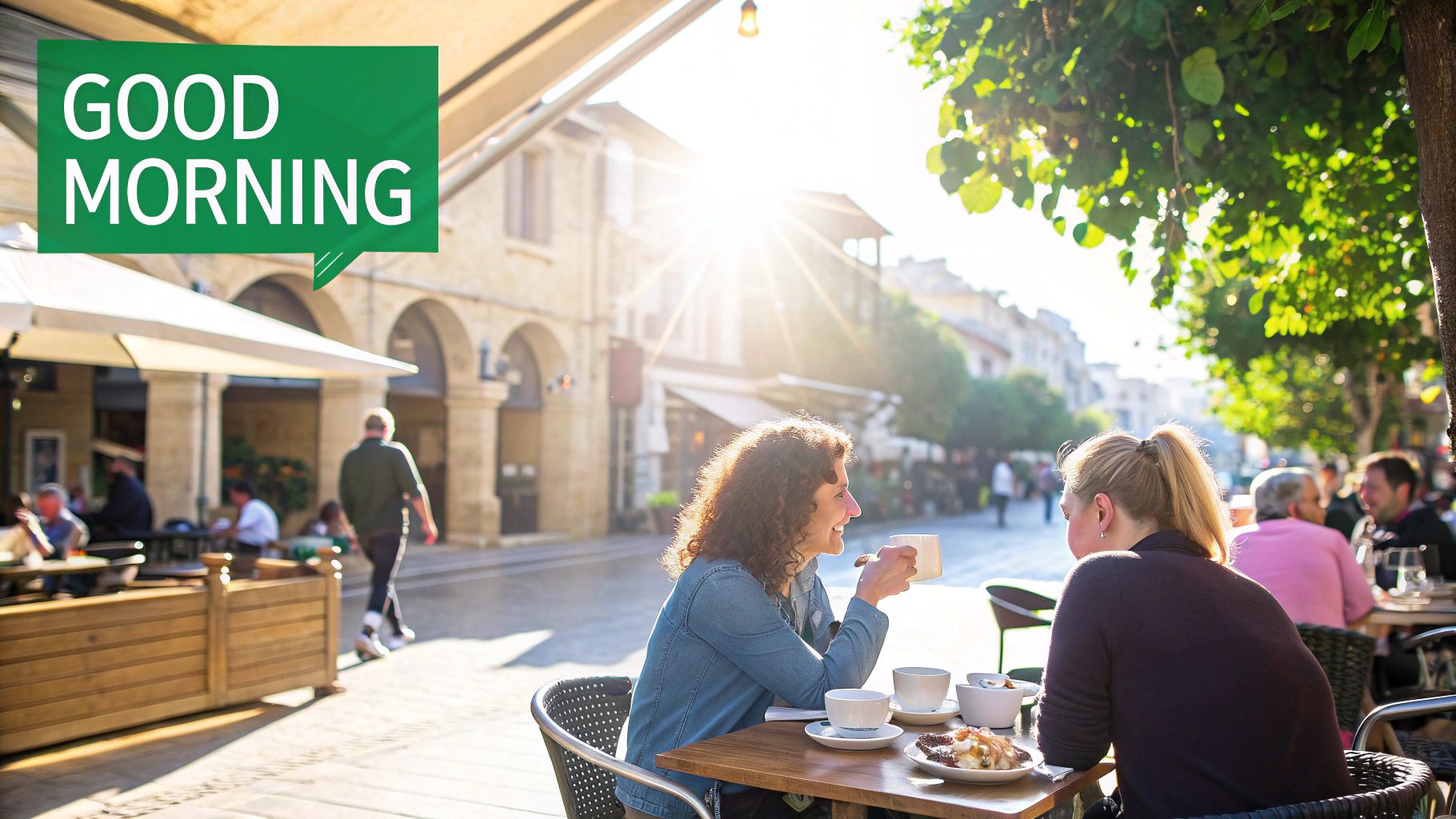
Unlike the all-day utility of "Yia sas," "Kalimera" is specifically for the morning, typically used from when you wake up until around noon. It demonstrates a deeper appreciation for the nuances of Greek Cypriot social etiquette and is always warmly received. It's a simple switch that can make your greetings feel more thoughtful and context-aware.
When to Use "Kalimera"
This phrase is ideal for starting your day on a positive and respectful note. Its friendly yet polite nature fits a variety of morning scenarios:
- Greeting Hotel Staff: Say it to the staff at the breakfast buffet or as you pass reception in the morning.
- Morning Encounters: Use it when entering local cafeterias, bakeries, or any shop before noon.
- Business Meetings: It’s a professional and appropriate way to open a morning business meeting in Nicosia or Limassol.
- Starting Conversations: A perfect icebreaker when approaching shopkeepers or locals in the morning hours.
Insider Tip: The cut-off time for "Kalimera" is around midday. After 12 PM, it’s best to switch back to the versatile Yia sas or Yia sou. Getting this timing right is a subtle but powerful sign to locals that you understand and respect their culture.
5. Günaydın
If your travels take you to Northern Cyprus, learning Günaydın is an excellent way to show cultural awareness. Pronounced "goon-EYE-dun," with emphasis on the middle syllable, this is the standard Turkish greeting for "good morning." It offers a polite and time-specific alternative to the all-day "Merhaba."
"Günaydın" literally translates to "day bright," a cheerful sentiment to start the day. Using it correctly demonstrates a deeper understanding of Turkish Cypriot customs and is highly appreciated. It signals that you've made an effort to learn more than just the most basic greeting.
When to Use "Günaydın"
This greeting is specifically for morning interactions, typically from sunrise until around noon. It’s a slightly more formal and thoughtful way to say hello in Cyprus during the early part of the day.
- Morning Business Meetings: Use it to greet colleagues or partners in professional settings in cities like Famagusta or Kyrenia.
- Greeting Officials: It's a respectful way to address Turkish Cypriot officials or people in authority.
- Cafes and Bakeries: Start your day on a friendly note by greeting the staff at a local Turkish café or bakery.
- Cultural Centres: It’s a warm and appropriate greeting when visiting Turkish cultural centres or interacting with the community in the morning.
Insider Tip: To continue the conversation naturally, you can follow your "Günaydın" with "Nasılsınız?" (nah-SUHL-suh-nuhz?), which means "How are you?" (formal). This simple addition can turn a quick greeting into a pleasant and engaging exchange.
6. Hello (English)
While immersing yourself in local culture is a rewarding part of travel, you’ll find that a simple Hello in English is widely understood and accepted across Cyprus. Thanks to the island's history and its status as a major international tourist destination, English serves as a practical bridge language, ensuring you can always communicate. Pronounced just as you would at home, this universal greeting is a reliable fallback.
Think of "Hello" as your safety net for communication in Cyprus. While using Greek or Turkish greetings shows commendable effort, English is the common ground in many interactions, especially in hospitality and business. Its widespread use makes navigating the island straightforward for international visitors.
When to Use "Hello"
This familiar greeting is perfectly acceptable and often expected in numerous situations, particularly those involving international visitors.
- Tourist Hubs: In bustling areas like Paphos, Ayia Napa, and Limassol, English is the default language in hotels, restaurants, and shops.
- Airports and Information Centres: Staff are fluent in English and will typically greet you this way first.
- Business and Formal Settings: When meeting with international participants or younger, urban professionals, English is often the language of business.
- Intercultural Communication: It's the go-to when interacting with other tourists or expatriates from different countries.
Insider Tip: Start with "Hello," but show your interest in the local culture by following up with a friendly, "How do I say hello in Greek/Turkish?" This simple question is often met with a warm smile and can be a great icebreaker, turning a standard transaction into a memorable cultural exchange.
Using "Hello" is an effective way to initiate contact, especially when you're unsure which local language is appropriate for the person or region. Its practicality makes it an essential part of any visitor's toolkit for how to say hello in Cyprus. For a deeper understanding of the linguistic landscape, you can explore more about the languages spoken in Cyprus.
6 Ways to Say Hello in Cyprus Compared
| Greeting | Implementation Complexity 🔄 | Resource Requirements ⚡ | Expected Outcomes 📊 | Ideal Use Cases 💡 | Key Advantages ⭐ |
|---|---|---|---|---|---|
| Γεια σας (Yia sas) | Low | Minimal | Formal respect and safe communication | Formal/business settings, with strangers/elders | Universally appropriate; shows respect; easy |
| Γεια σου (Yia sou) | Low | Minimal | Warmth, familiarity, and social bonding | Informal settings with friends, peers, family | Creates rapport; personal; culturally integrated |
| Merhaba | Low | Minimal | Respect for Turkish Cypriot culture and inclusion | Turkish-speaking areas, Northern Cyprus | Widely recognized; respectful; opens doors |
| Καλημέρα (Kalimera) | Low | Minimal | Time-appropriate, respectful morning greeting | Morning professional/social contexts | Shows cultural knowledge; positive impressions |
| Günaydın | Low | Minimal | Formal morning greeting in Turkish Cypriot areas | Morning formal meetings in Northern Cyprus | Demonstrates cultural sophistication; formal |
| Hello (English) | Very Low | Minimal | Universal understanding, facilitates communication | Tourist areas, international business, mixed groups | Universally recognized; no pronunciation issues |
Start Your Cypriot Conversation with Confidence
Mastering how to say hello in Cyprus is your first, most impactful step towards a truly authentic travel experience. As we've explored, the island's linguistic landscape is rich and inviting, reflecting its unique cultural tapestry. Whether you are navigating the sun-drenched streets of the south or the historic sites of the north, a simple greeting in the local tongue opens doors and builds immediate rapport.
Your journey into Cypriot communication begins with a few key phrases. Remember that Γεια σας (Yia sas) is your versatile, respectful greeting in Greek-speaking areas, perfect for any situation. For more casual encounters, a friendly Γεια σου (Yia sou) will make you sound like a local. In Turkish-speaking regions, the warm and welcoming Merhaba is your essential go-to. These greetings are more than just words; they are signals of your interest in the culture and your respect for the people.
Key Takeaways for Your Cypriot Adventure
To ensure your interactions are always positive, keep these core principles in mind:
- Context is King: Tailor your greeting to the situation. A formal 'Yia sas' in a shop or restaurant shows respect, while a casual 'Yia sou' with new friends creates a warmer connection.
- Effort Over Perfection: Don't worry about flawless pronunciation. Cypriots are known for their hospitality and will appreciate your effort to connect in their language. A smile is a universal addition that makes any greeting better.
- Observe and Adapt: Pay attention to how locals greet each other. This is the best way to learn the subtle nuances of communication and understand when to use 'Kalimera' versus 'Yia sas'.
Embracing these simple greetings will transform your trip from a standard holiday into a series of meaningful connections. Each 'Merhaba' or 'Kalimera' is an opportunity to experience the island’s legendary warmth firsthand. Now, equipped with this knowledge, you are ready to move beyond being just a tourist and start engaging with Cyprus on a deeper, more rewarding level. Go on, start a conversation and see where it takes you.
Ready to plan the rest of your incredible journey? For expert-led travel guides, bespoke itineraries, and insider tips that go beyond the phrasebook, visit SayCyprus. We provide the tools and knowledge you need to experience the island's authentic culture, just like a local. Explore SayCyprus today and unlock the very best of the island.





